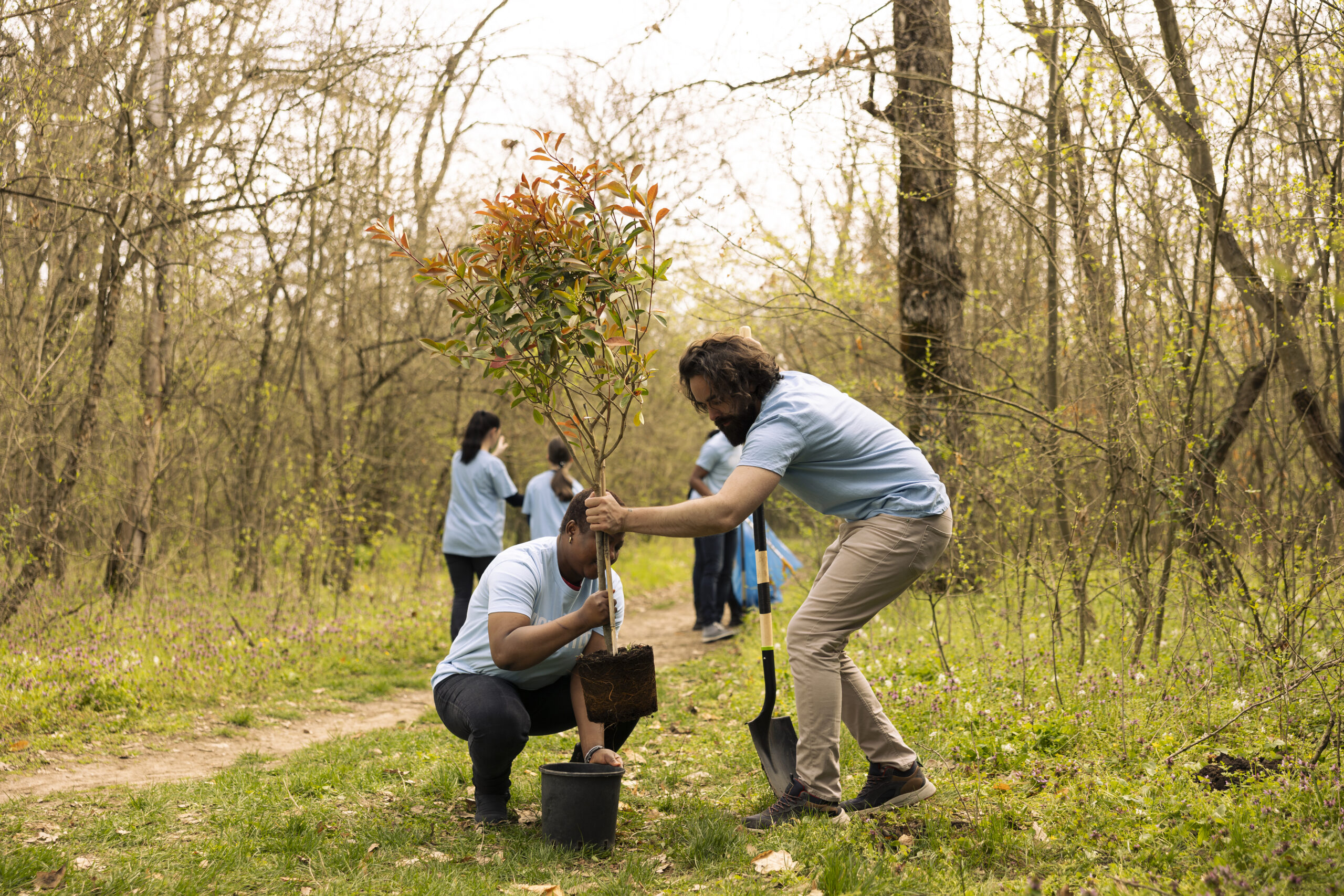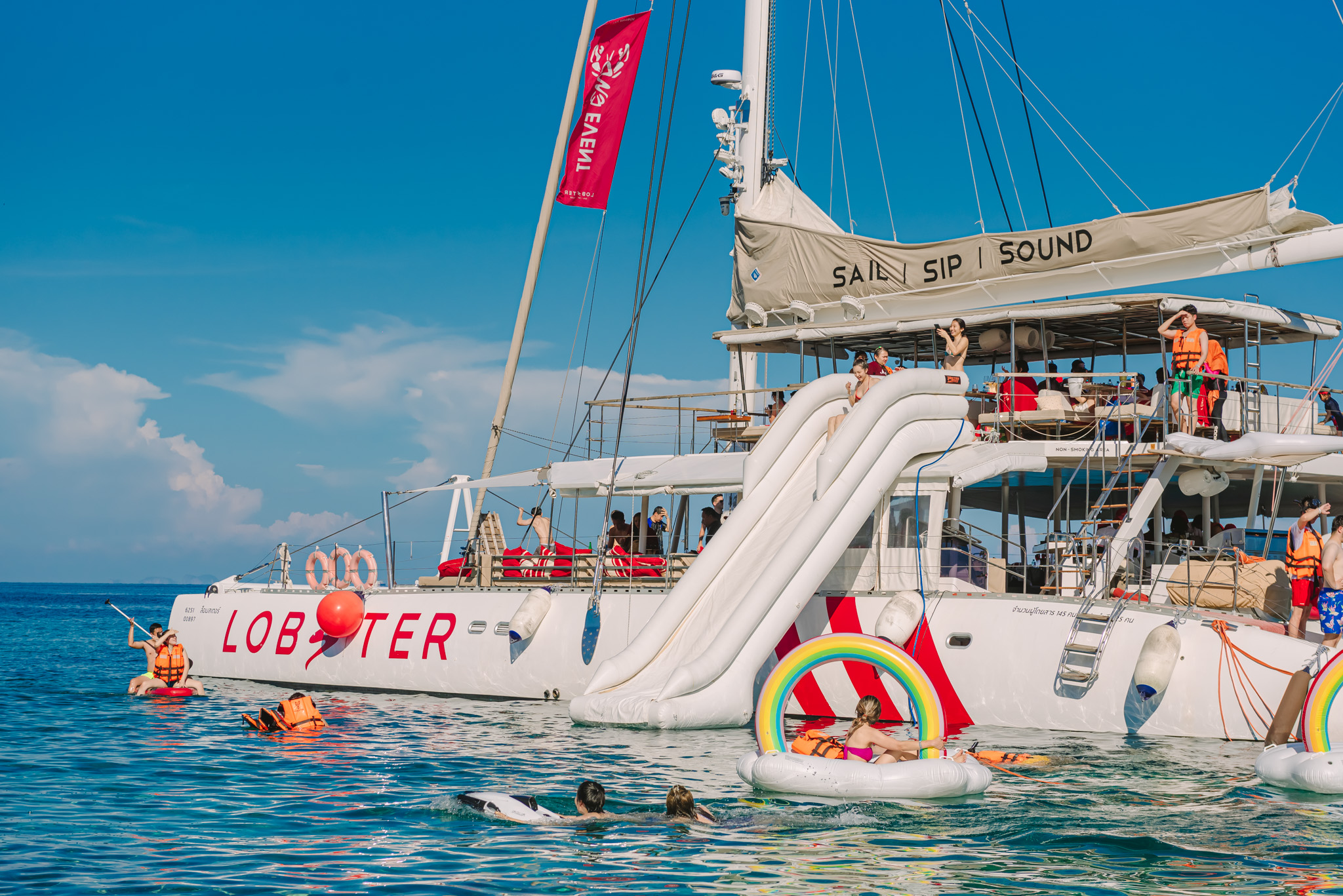Phuket is facing environmental challenges that threaten its ecosystems. These challenges include deforestation, coral reef degradation, and the loss of native wildlife. In response, rewilding projects in Phuket focus on restoring natural habitats, reintroducing native species, and supporting sustainable conservation practices.
What is Rewilding?
Rewilding is the process of returning an area to its natural state. This involves reintroducing species that have been lost or endangered and repairing ecosystems. In Phuket, rewilding efforts help restore degraded landscapes, protect coral reefs, and reintroduce native wildlife. These projects aim to preserve biodiversity, support sustainable tourism, and secure the island’s future.
Key Rewilding Projects in Phuket
1. Forest and Mangrove Restoration
Phuket’s forests have suffered from development and pollution. To restore them, the Phuket Forestry Department and various environmental groups are planting native trees. By planting more mangroves, the projects protect Phuket’s coastline and create breeding grounds for marine species. Mangrove restoration prevents coastal erosion and filters water. Locals, volunteers, and organizations have worked together to bring back this essential ecosystem.
2. Coral Reef Rehabilitation
Coral reefs around Phuket have experienced severe damage due to pollution and overfishing. Phuket Marine Biological Center (PMBC) is working to restore these reefs by planting coral fragments and creating artificial reefs. These efforts provide new structures for corals to grow and shelter marine life. Eco-tourism plays a key role, allowing tourists to engage in coral planting and learn about marine conservation.
3. Wildlife Protection and Rehabilitation
Phuket is home to various species, some of which have been displaced by human activity. The Wildlife Friends Foundation Thailand (WFFT) helps rehabilitate animals that have been rescued from poaching or trafficking. After treatment, they return these animals to their natural habitats. Rewilding projects also work to protect species such as the Thai elephant and other native wildlife.
4. Community Involvement in Rewilding
Local communities play an important role in rewilding efforts. Many Phuket residents are participating in conservation activities, such as sustainable farming and wildlife monitoring. Moreover, eco-tourism helps fund rewilding efforts by educating tourists and encouraging them to support conservation initiatives. When visitors join these activities, they directly contribute to preserving Phuket’s environment.
How Can You Help?
If you’re visiting Phuket, you can help in various ways:
- Join Eco-Tourism Activities: Participate in programs like beach clean-ups and tree planting events.
- Support Local Conservation Projects: Donate to organizations like WFFT or PMBC.
- Reduce Plastic Use: Be mindful of your waste and use eco-friendly products.
- Spread Awareness: Share what you learn about rewilding efforts to inspire others to act.
The Future of Rewilding in Phuket
Rewilding projects are showing positive results. The island’s ecosystems are slowly recovering, and more species are being reintroduced. However, much work remains. If local communities, tourists, and organizations continue working together, Phuket will continue to thrive as a model of sustainable tourism. Through collective efforts, the island can heal and flourish for generations to come.
Phuket’s natural beauty will remain intact only if we protect it. By supporting rewilding projects, you can help preserve the island’s ecosystems for the future.
🌿 Ready to explore Phuket’s natural wonders and contribute to conservation? Visit our Destinations page to learn how you can make a difference.





